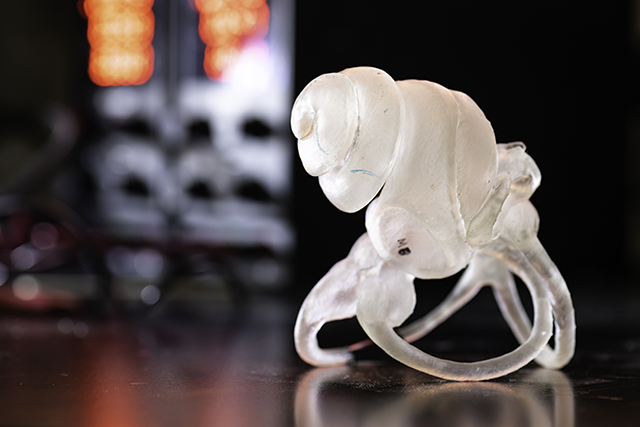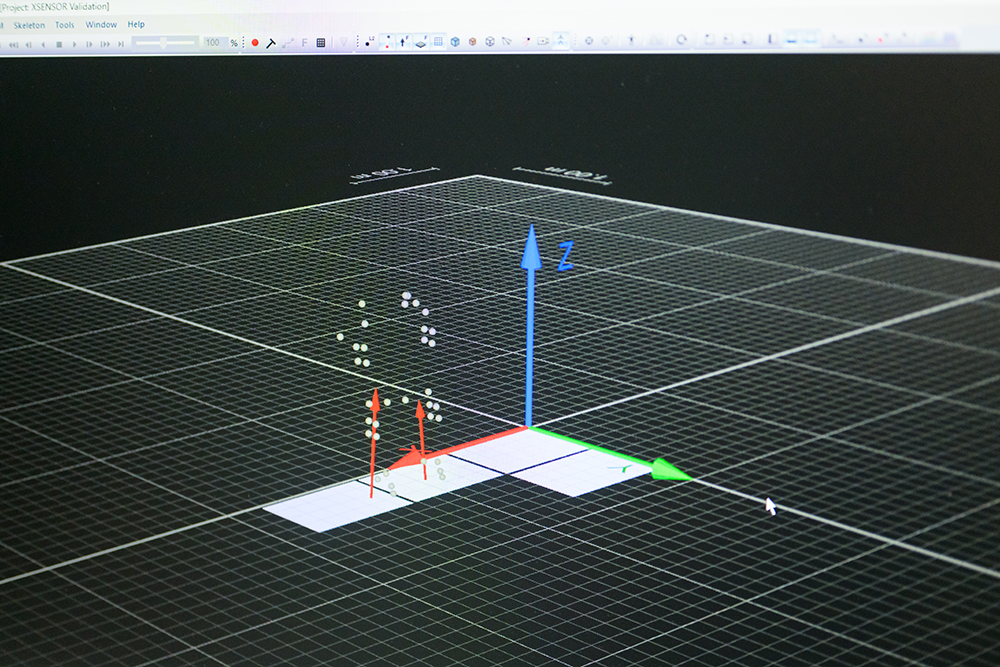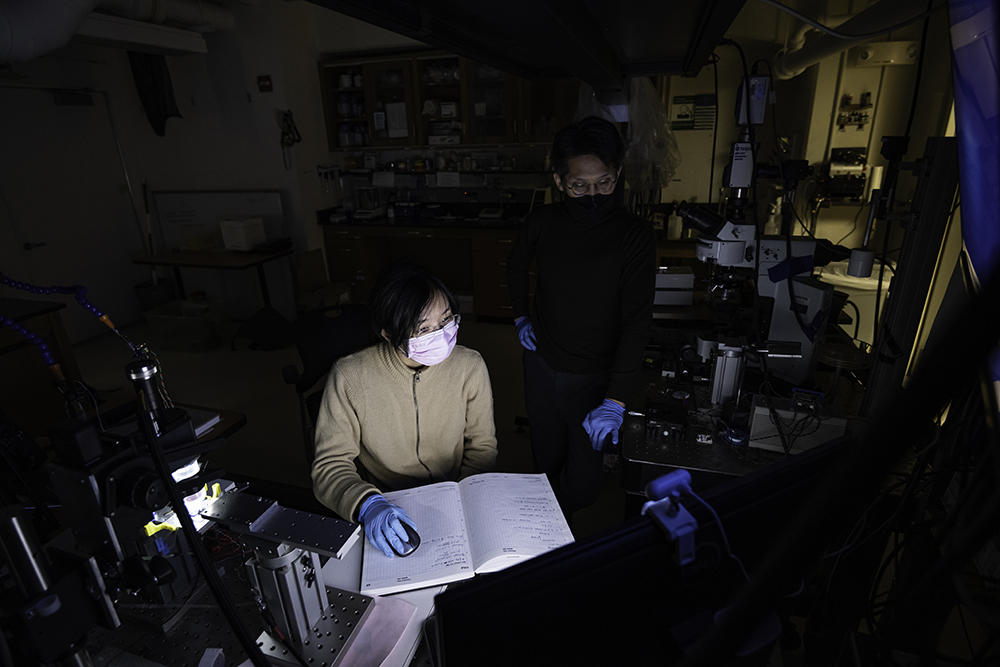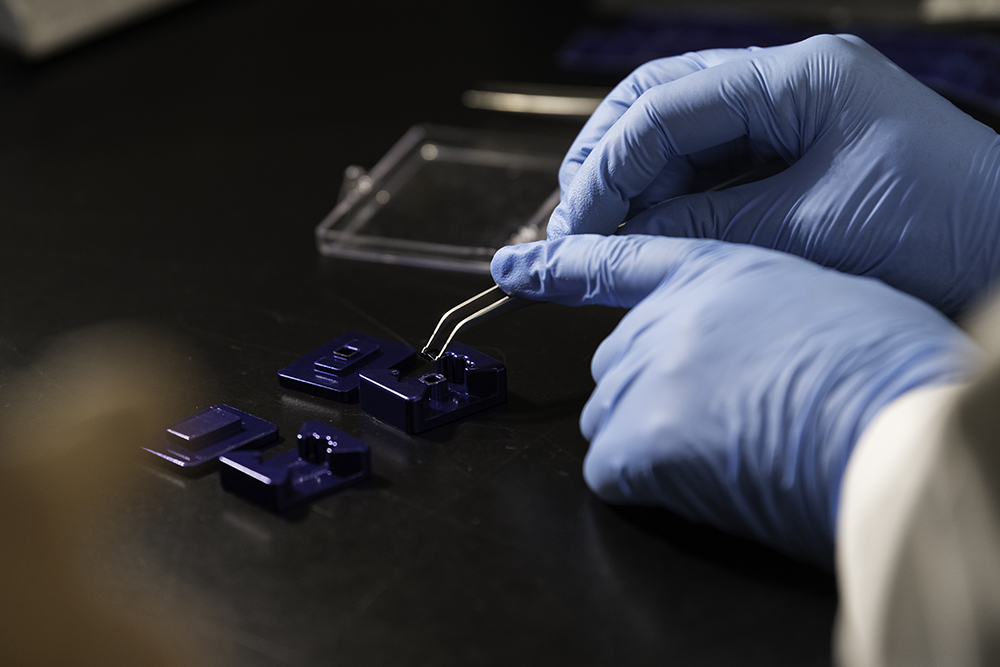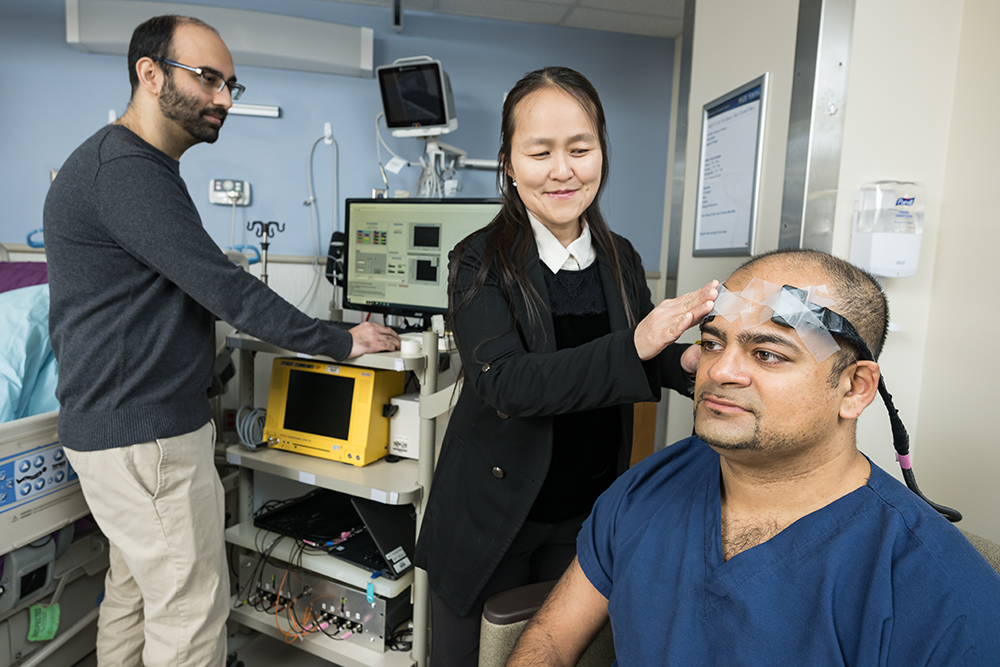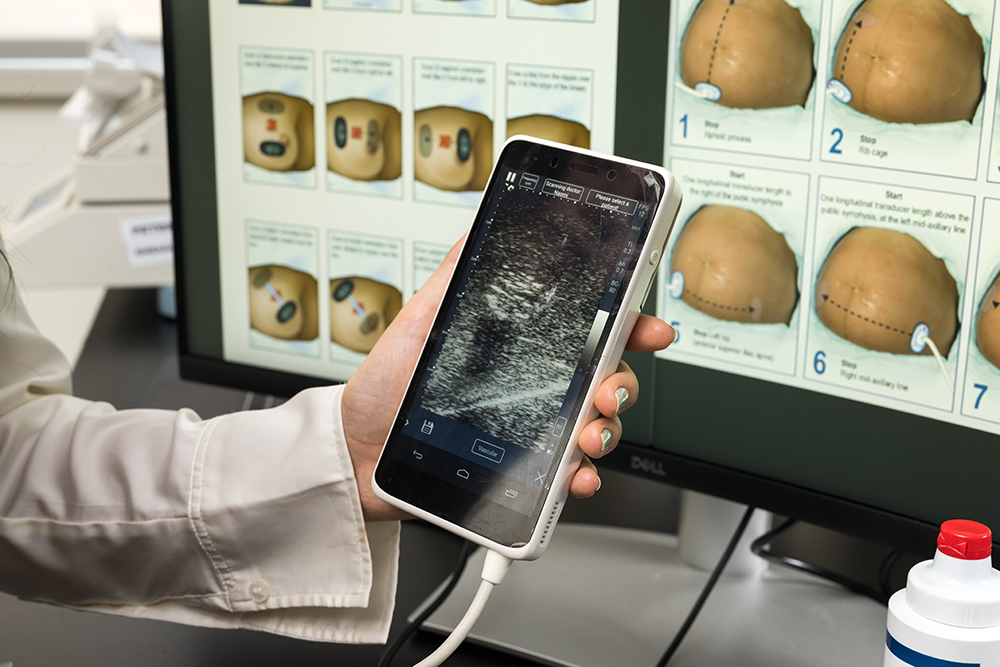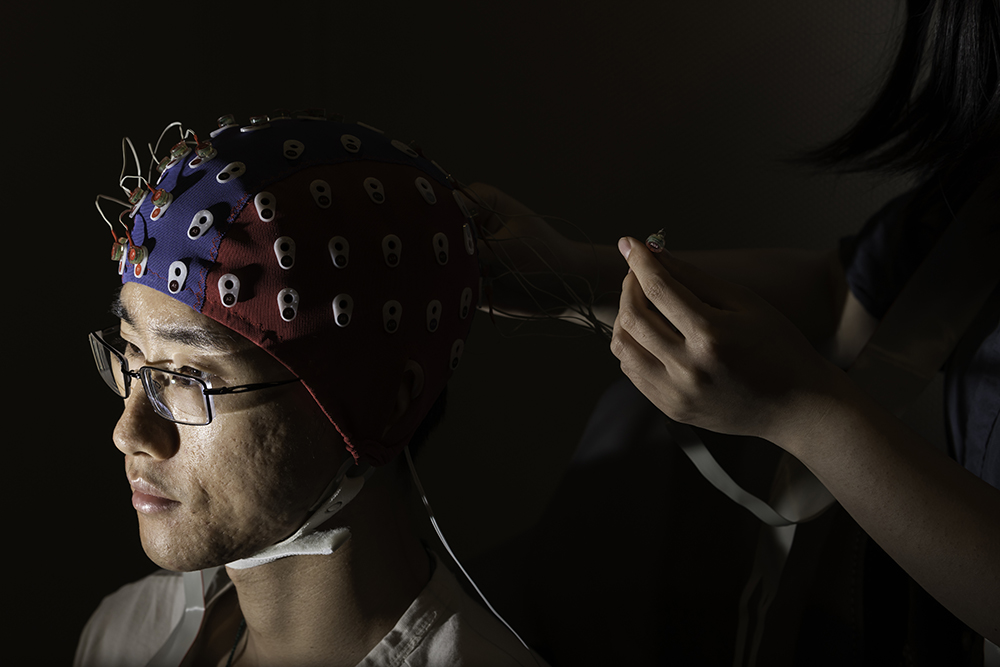Collaborative Research Community
Our research is interdisciplinary, enhanced by our close physical proximity to the University of Rochester Medical Center. Nineteen primary faculty and over 40 secondary and doctoral training faculty members work with our students. Our doctoral training faculty are those who can also be primary advisors of BME doctoral students and serve as departmental members on student advisory committees, dissertation committees, and offer true translational exposure.
Because biomedical engineering spans a wide range of scientific and clinical fields, many of our faculty hold secondary appointments in other departments and centers across the university. Most faculty members have expertise in more than one research area and virtually all have research programs which involve faculty from multiple departments. For example, research in musculoskeletal biomechanics might involve the use of advanced medical imaging techniques, or the development of novel biosensors may involve both instrumentation and cell biology. This collaborative, cross-disciplinary environment provides students with a rich and flexible foundation for impactful research.

